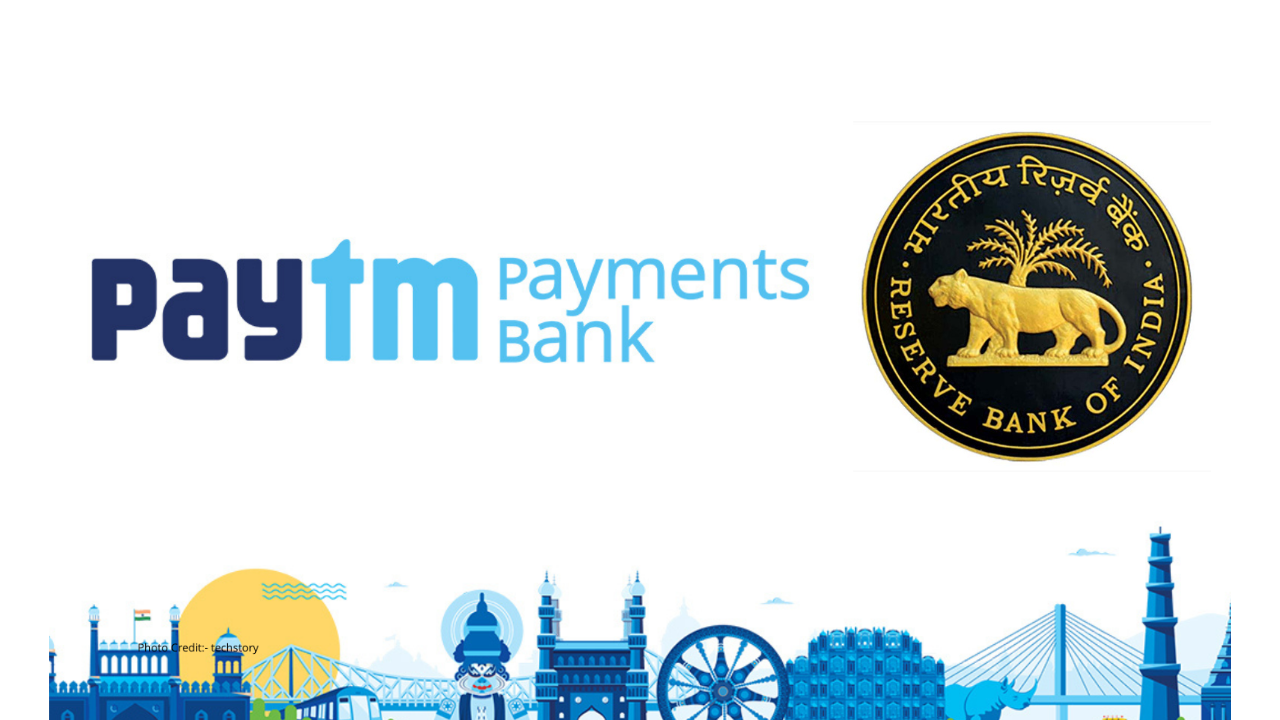In a surprising move, the Reserve Bank of India (RBI) has ordered Paytm Payments Bank, a subsidiary of the digital giant Paytm, to halt the acceptance of fresh deposits in its accounts and popular wallets from March 1. The regulatory body is reportedly contemplating the cancellation of Paytm Payments Bank’s operating license as early as next month, pending safeguarding the interests of depositors.
The RBI has set a crucial deadline of February 29, beyond which Paytm Payments Bank will no longer allow customers to replenish their savings accounts or the widely-used digital payment wallet. The potential decision to cancel the operating permit follows alleged violations by Paytm, including misuse of customer documentation rules and non-disclosure of material transactions.
Sources with knowledge of the matter revealed that the violations include hundreds of thousands of Paytm Payments Bank customers failing to submit know-your-customer (KYC) documentation. In some instances, a single identity document was used to register thousands of customers, raising concerns about compliance with regulatory standards. Additionally, transactions exceeding regulatory limits were reportedly conducted in minimum-KYC accounts, prompting money laundering concerns.
Despite the serious allegations, no final decision has been made yet, and the RBI’s stance may evolve based on Paytm’s representations. Paytm, in response, stated that the recent directive from the central bank is part of an ongoing supervisory engagement and compliance process. The company emphasized its commitment to complying with regulatory instructions and supervision.
The abrupt suspension of much of Paytm’s business by the RBI has shocked the finance and tech industries. The regulatory body had reportedly issued multiple warnings over the past two years regarding questionable dealings between Paytm’s popular payments app and its less-known banking arm. The potential cancellation of the operating license would be considered a more severe measure than the actions taken earlier by the RBI.
As of February 29, existing Paytm Payments Bank users will face limitations on operations such as using credit, making deposits, fund transfers, UPI transactions, FASTag toll payments, and bill payments. While users will still be able to withdraw existing balances, claim cashback, and refunds, or use any remaining balance in their savings accounts, Paytm Wallets, FASTags, or transit card services, they will not be able to add funds to these accounts and services.
Paytm Payments Bank currently boasts over 330 million wallet accounts and has 100 million monthly transacting users. The potential cancellation of its license raises questions about the future of these users and the impact on the digital banking landscape in India.
Established in 2017, Paytm Payments Bank operates as a restricted bank, authorized by the RBI to take deposits but not to lend. With billionaire Vijay Shekhar Sharma holding a 51% stake in the bank and Paytm parent company One 97 Communications Ltd. owning the remainder, the regulatory action stems from persistent issues identified in the bank’s operations as outlined in the audit report by the central bank.
As the situation unfolds, industry experts and stakeholders will closely monitor developments to understand the implications for both Paytm and the broader digital banking sector in India. The potential cancellation of the operating license highlights the need for robust compliance measures in the rapidly evolving digital financial landscape and emphasizes the importance of maintaining the integrity of financial institutions to protect the interests of consumers.

